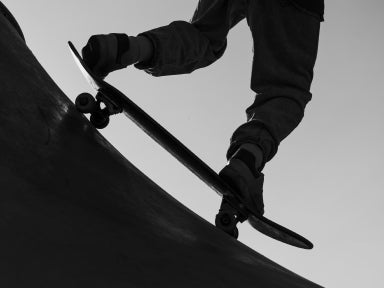
Product description
David Porcheron, an avid snowboarding enthusiast, draws inspiration from his passion for surfing. He longs for a snowboard that not only embodies his love for the sport but also reminds him of his second love—surfing—every time he straps in. Its unique shape offers extended edge hold while maximizing surface area, resulting in a wider shape that enhances overall control. By integrating Hybrid technology with the PYL’s big mountain profile, we’ve created a snowboard that excels in any terrain. Innovatively designed with a coreless tail, the PYL Un..Inc allows for increased sinking without sacrificing torsional stiffness. Additionally, our Tapered UnderBite feature provides exceptional directional drive and float. This extraordinary board art, designed by James Dalton, embodies David’s Wolf Pack. Inspired by David’s unwavering commitment to family values, just like the tight-knit wolf packs, this board represents unity, protection, and support. Always vigilant for the young ones, they stick together and conquer challenges as a pack. Unleash your inner adventurer with David’s Wolf Pack snowboard and experience the thrill of riding like never before.
- A directional snowboard is purposefully shaped for optimal performance in one primary direction, typically with a longer and more pointed nose compared to the tail. This design enhances stability, control, and float in varied conditions, making it particularly well-suited for carving, powder riding, and all-mountain exploration. The asymmetry aids natural turn initiation and provides a more dynamic riding experience when cruising downhill. Suited for riders who prefer a specific orientation for various terrains, a directional snowboard excels in responsiveness, offering a smooth and predictable ride that complements the nuances of specific riding styles and conditions.
- Camrocker boards have a profile where the center of the board is closer to the snow, and the nose and tail are raised.
- Enhances float in powder, makes turn initiation easier, and is generally more forgiving.
- May sacrifice some edge hold and stability compared to traditional camber.



